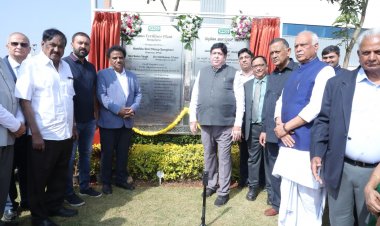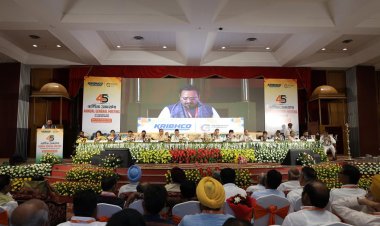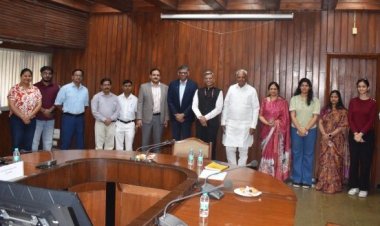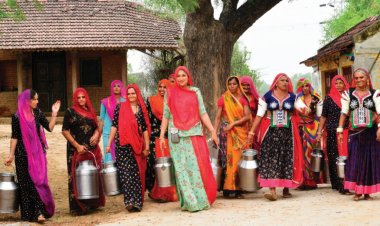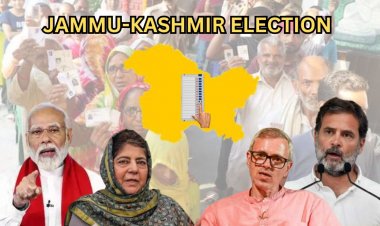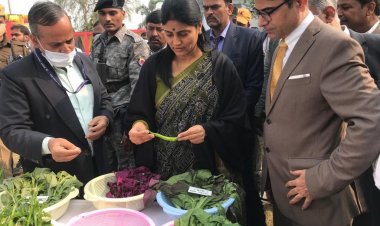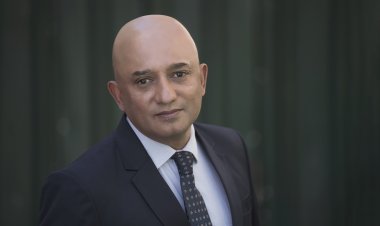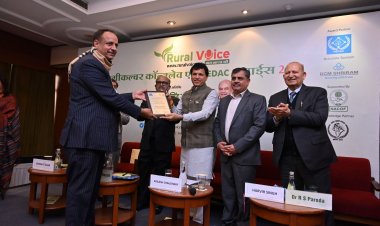Cooperative managers lack power and capability to make decisions: Dr Saswata Biswas
Dr Saswata Biswas from IRMA, Anand, focused on agriculture cooperatives. These cooperatives, he said, are weak at bargaining power vis-à-vis the corporate. He was speaking at a session of the Dialogue on “Sahakar se Samriddhi: Many pathways” organized recently by Rural Voice in association with Sahakar Bharati. The topic for the third session was “Way forward to make cooperatives relevant”. Dr Biswas saw professionalization, technology, and reforms in governance as the way forward.
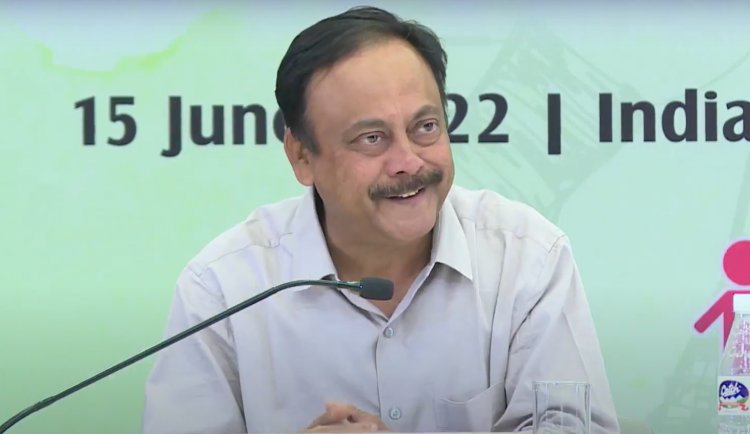
Dr Saswata Biswas from IRMA, Anand, focused on agriculture cooperatives, which manage the entire supply chain from the farm to the consumer’s plate. These cooperatives, he said, are weak at bargaining power vis-à-vis the corporate. He was speaking at a session of the Dialogue on “Sahakar se Samriddhi: Many pathways” organized recently by Rural Voice in association with Sahakar Bharati. The topic for the third session was “Way forward to make cooperatives relevant”. Dr Biswas saw professionalization, technology and reforms in governance as the way forward.
The VUCA world (VUCA stands for volatility, uncertainty, complexity and ambiguity) today, Dr Biswas said, had come a long way from 1841, when the first cooperative was started. It’s time therefore, he felt, we overhauled our understanding of cooperatives. Oilseeds cooperatives, for example, had to function in a world of price volatility. Quick decisions are required. In such a scenario, waiting for “permission” becomes a stumbling block. By the time the permission comes in, the market conditions have changed. But “the cooperative managers have neither the power nor the capability to make decisions,” said Dr Biswas.
Dr Biswas proposed the professionalization of cooperatives as a solution. Professionalization does not mean, he said, merely seating at the helm a person with a graduation degree. The person concerned should be equipped with technical knowledge and the ability to make quick decisions.
No business can succeed without government support, Dr Biswas said, and this is true across the world. Support does not mean merely giving money, but facilitating things, including finance. Dr Biswas said that he, however, failed to understand why the government should interfere with the cooperatives just because it supported them. This does not happen in the case of private companies. The Registrar does not have any say in appointments in the case of the latter.
Besides, Dr Biswas felt, the government nominees on the cooperative board should be answerable to the people from whose money they are paid. The MD of Amul, a successful model, is a servant of the farmers. But this is not true of certain other milk cooperatives that have failed due to government apathy and interference. If the Ministry of Cooperation wants cooperatives to succeed in the future, said Dr Biswas, “you should support without interfering.”
Most of the cooperatives function in an old fashion even today, said Dr Biswas. “They are in the Jurassic Park era.” The use of technology can bring transparency to their functioning. And member commitment is the result of how technologically savvy you are.
Dr Biswas also emphasized reforms in cooperative governance. Cooperative elections are sometimes worse than the general elections, he said. People who have no interest in the business get elected. “If I am not a dairy farmer, I have no business getting elected in a dairy cooperative,” said Dr Biswas. This has to be strictly monitored.



 Join the RuralVoice whatsapp group
Join the RuralVoice whatsapp group

















